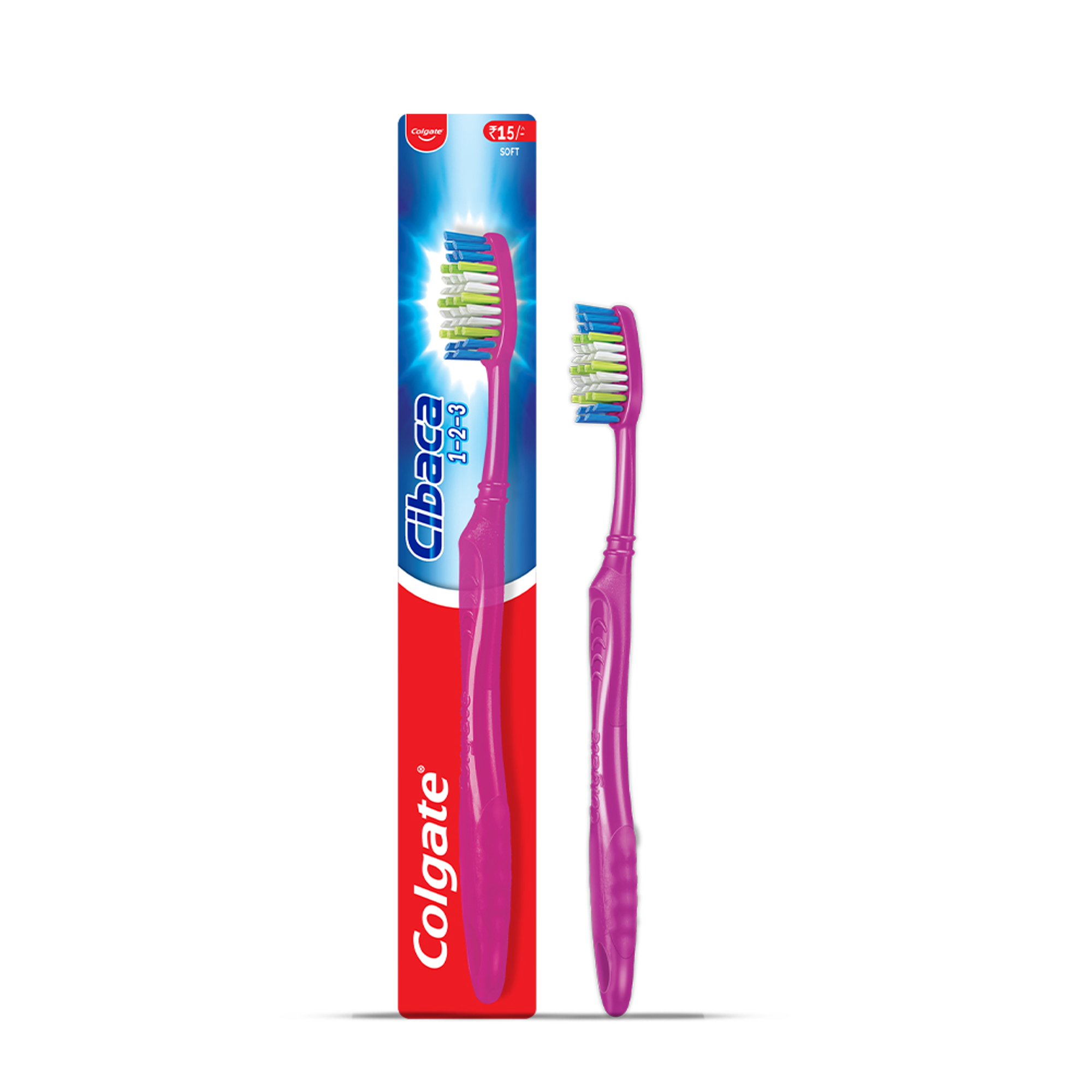Losing Calcium
Losing calcium and other minerals from your tooth enamel is called demineralisation, and it is a natural process. The Indian Dental Association explains that every day, minerals are added to and lost from a tooth's enamel layer through two processes, demineralisation and remineralisation. Minerals are lost (demineralisation) from a tooth's enamel when acids - formed from plaque bacteria and sugars in the mouth - attack the enamel. Minerals such as fluoride, calcium and phosphate are redeposited (remineralisation) to the enamel from the foods and waters consumed.
How?
When the acids produced by bacteria and the food you eat dissolve the minerals, your saliva – which contains small amounts of calcium, fluoride and phosphate – replaces it. However, sometimes the amount of mineral lost is too large to be replaced naturally, often due to consuming sugary foods or poor oral health care in general. You might also experience calcium leeching from the tooth enamel to compensate for calcium deficiency elsewhere in the body. This is typical to osteoporosis sufferers.
Despite this give-and-take, demineralisation weakens tooth enamel. As well as raising the risk of cavities, demineralised teeth may be discoloured and sensitive as well. Sometimes white spots appear as the first sign of this erosion in the affected areas.
Remineralising Enamel
Toothpaste that contains calcium phosphate, stannous fluoride or similar forms of fluoride can help remineralise tooth enamel as long as there is enough left to build on. Every time you brush your teeth with a fluoride toothpaste, your tooth enamel absorbs a small amount of fluoride, which replaces the minerals that have been lost. Over time, the existing enamel becomes stronger and more resistant to decay.
As you might expect, tooth enamel that contains fluoride is considerably stronger than untreated teeth. Even the best remineralising toothpaste does not treat cavities, but it can repair demineralised areas and help prevent cavities from appearing. Keep in mind if your teeth already have one or more cavities, you should still use a fluoride toothpaste. Adults and children with cavities are at high risk of further decay without sticking to their home care. And in the meantime, dentists can advise additional fluoride treatments before and after applying a filling.
The Best Toothpaste
Brushing regularly with a remineralising toothpaste is one of the best methods of strengthening tooth enamel. Luckily, most toothpastes contain the fluoride to do this. Alternatively, your dentist can prescribe a better remineralising toothpastes for a more advanced condition that requires a higher fluoride content. They can also help reverse white patches caused by demineralization.
Unless otherwise advised by your dentist, use this prescription toothpaste only once a day. Tooth enamel cannot be replaced once it has been destroyed, but you can strengthen it when it's weak. Replace the lost minerals by brushing with a toothpaste that contains fluoride or another remineralising ingredient, and you'll resist decay and keep smiling well into your next meal.
This article is intended to promote understanding of and knowledge about general oral health topics. It is not intended to be a substitute for professional advice, diagnosis or treatment. Always seek the advice of your dentist or other qualified healthcare provider with any questions you may have regarding a medical condition or treatment.
ORAL HEALTH QUIZ
What's behind your smile?
Take our Oral Health assessment to get the most from your oral care routine
ORAL HEALTH QUIZ
What's behind your smile?
Take our Oral Health assessment to get the most from your oral care routine













